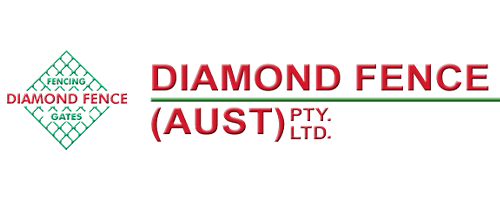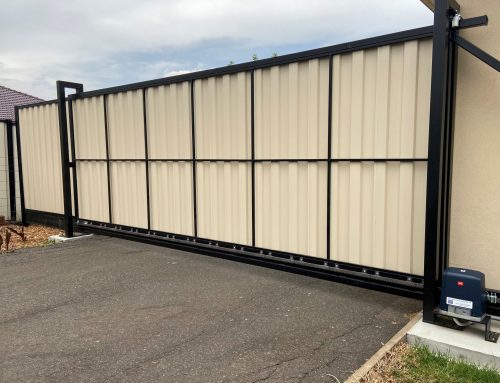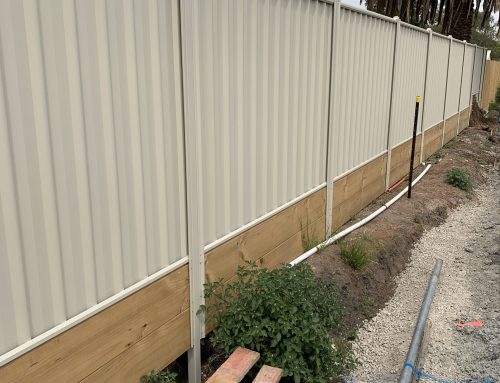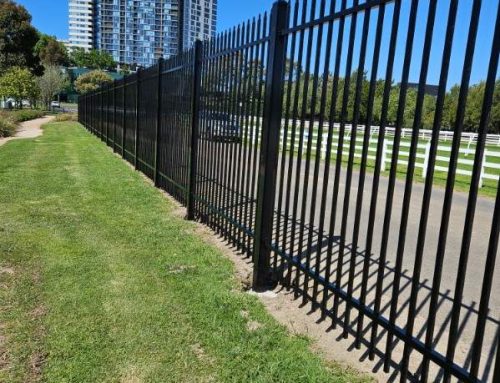Galvanizing Can Offer Your Chain Wire Protection Like No Other
If you knew there was a way you could add years to your fence’s life cycle, would you use that opportunity? I bet you would! In the long run, it would save you some time and money. Galvanizing is precisely what could protect your fence from corrosion which is the biggest factor affecting the fence’s life span. Therefore, let’s focus on what is galvanizing and why should you consider it when making fencing decisions before the installation of a new fence.
Corrosion is a natural process during which refined metal is converted to a more chemically stable form, for example, its oxide, sulfide or hydroxide. More simply put it is as gradual destruction of metals (or other materials like ceramics or polymers) by chemical or/and electrochemical reaction with their environment. The best example of corrosion would be rusting. Rust is an iron oxide, formed by the redox reaction of iron and oxygen in the presence of water or air moisture. A quick explanation as well if you didn’t know what redox reaction meant. Redox reaction, in other words, is an oxidation-reduction reaction, a chemical reaction where electrons between two species transfer.
Don’t want to get too complicated with definitions as this is a fencing blog, therefore just remember that corrosion and rusting is not the same. They are both chemical processes that result in the disintegration of a material, where corrosion is a type of oxidation and rusting is a part of corrosion. Let us explain what we mean by that. Corrosion occurs as a result of chemical influences and it affects a lot of materials. Like we mentioned before, those materials can be something like ceramics or polymers. Rusting is accelerated by certain chemicals and usually, iron substances are affected.
Now, once we know what corrosion is, we need to understand what is galvanizing.
Galvanizing, or you can also call it galvanization, is a process during which a protective zinc coating is applied to steel or iron, and the reason is to prevent rust. There are different ways of galvanizing, but the most common method used is hot-dip galvanizing. This is a process when the parts are submerged in a bath of molten zinc.
Here it is, galvanizing protects your chain wire from corrosion, and as a result of corrosion, rusting.
Galvanizing has a protective characteristic. This process protects iron or steel in the following ways:
1. Zinc coating that has been applied during the galvanizing process, and that hasn’t been scratched or damaged, helps to prevent corrosive substances from reaching the underlying steel or iron.
2. When intact with corrosive substances, zinc corrodes first and therefore protects the iron from rusting.
3. If you scratch or damage the zinc coating and the underlying metal becomes exposed, that zinc layer will still do its job and protect the metal for as long as there is enough zinc to be electrically coupled. If the damage is too excessive and all the zinc in the area has been consumed, the corrosion might get to the base metal.
Therefore, you should be careful when you find a scratched area on your chain wire fence. An alternative to protect your fence from corrosion, especially when it comes to sports fencing, is to use a PVC coating that provides an extra layer of protection.
Summing it all up, the main reason for using galvanizations is to give your chain wire fence a longer life span.
Diamond Fence offers galvanized chain wire and the best fencing installation service to go with it. Our fencing experts have been around for more than 40 years, therefore their expertise can be trusted!
Diamond Fence offers fencing services all around Greater Melbourne and Regional Victoria. Call us on (03) 9753 4566, shoot us an email on info@diamondfence.com.au, or just get a FREE online quote.








